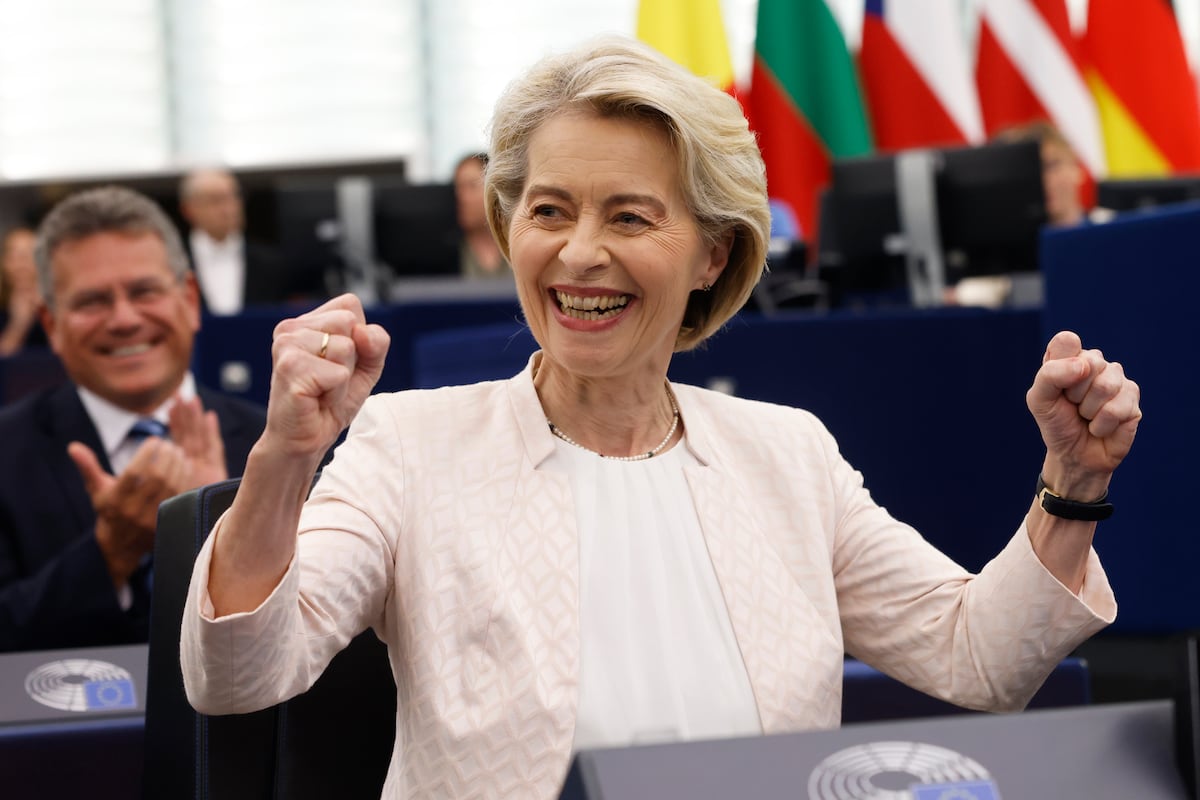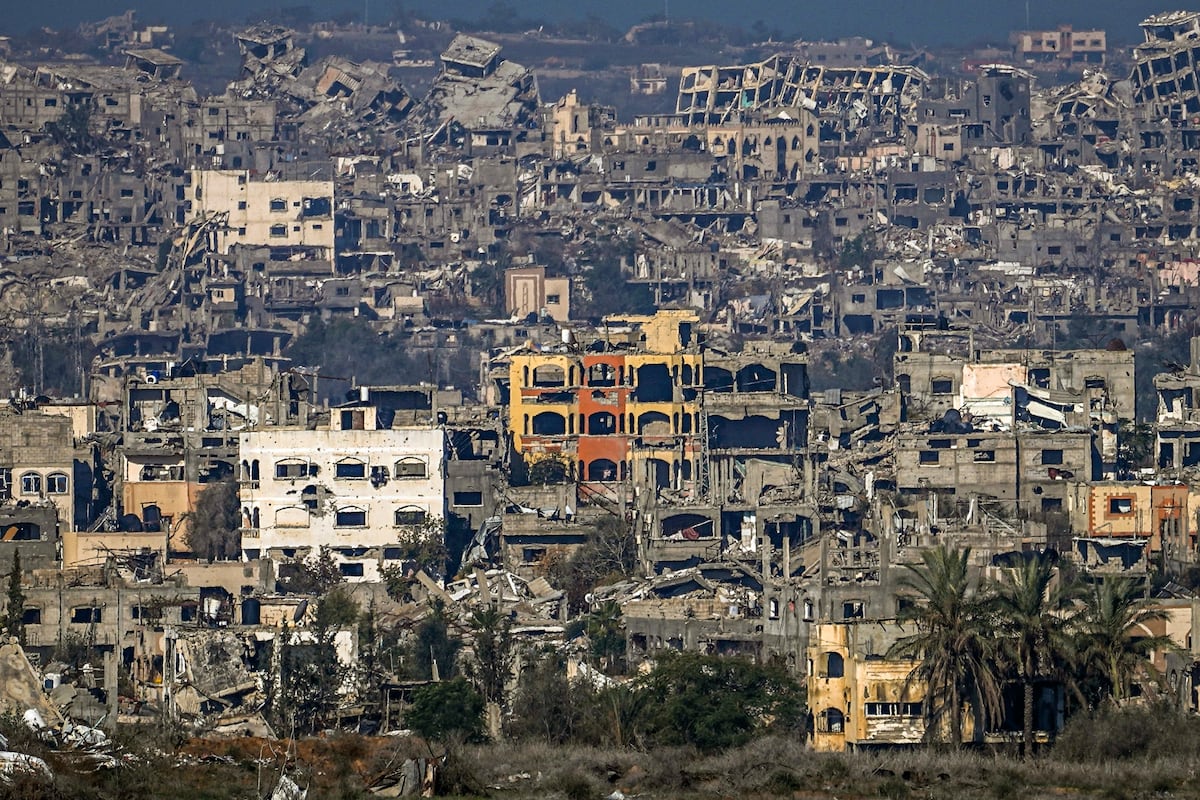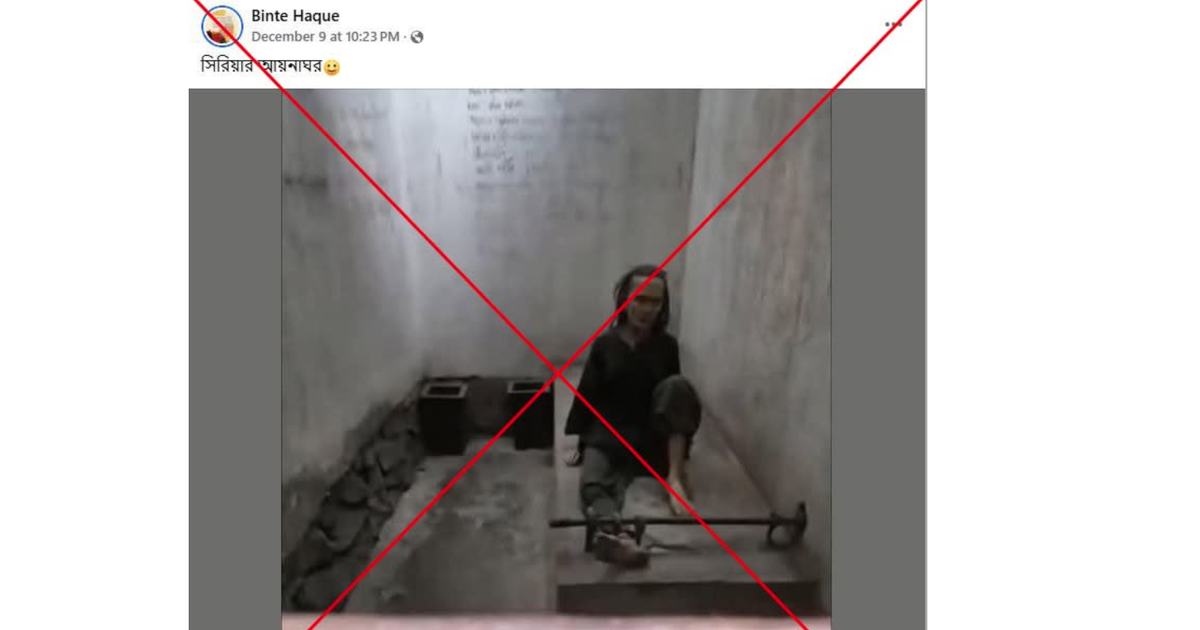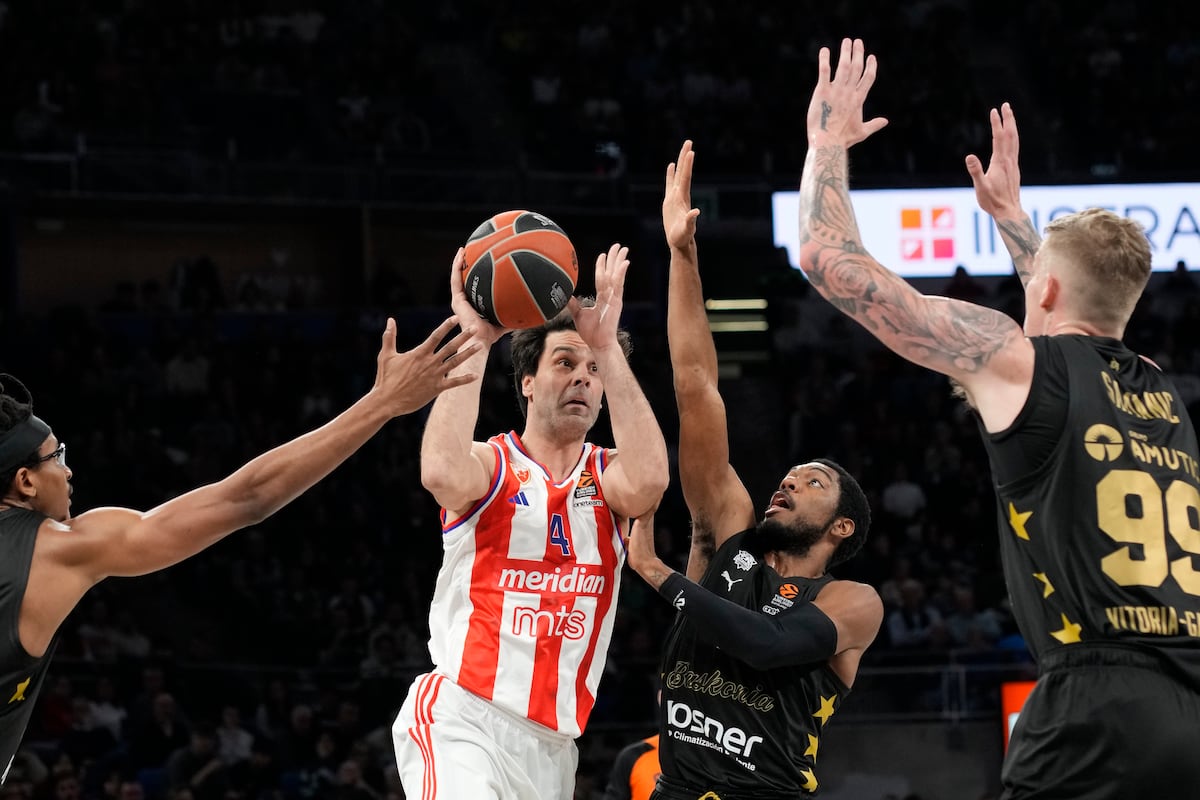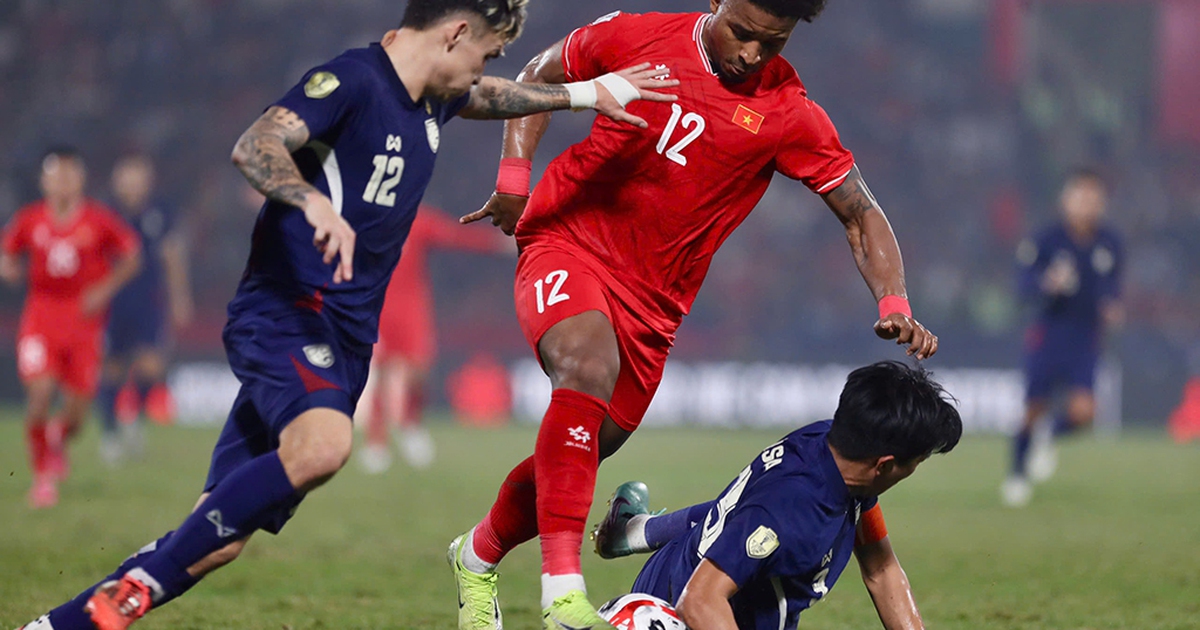The European Parliament has chosen stability. German conservative Ursula von der Leyen will be the president of the European Commission for another five years. A majority of MEPs gave their support this Thursday to the candidate of the European People’s Party (EPP), who has promised a great prosperity plan for Europe for the next legislature, and an “affordable” housing strategy to address one of the major problems of the community club; a sign that she is aware that her parliamentary majority will pass through the Social Democrats, who had demanded the measure. Von der Leyen, who has presented herself as a guarantor of continuity and experience at a turbulent and crucial time for the EU, threatened from outside by actors such as Russia and from within by the rise of the Europhobic far right, has obtained 401 votes in a secret ballot. She was rejected by 284 out of a parliament of 720.
They needed 361 votes and although the result was better than in 2019, when she won by nine votes, Von der Leyen has not had a very comfortable run. The Greens, towards whom she has turned in recent weeks, have been crucial for the moderate majority achieved by the German, and have supported her (with exceptions, such as Compromís); unlike what happened five years ago. As expected, there have been defections in her traditional alliance of populars, social democrats and liberals.
Italian Prime Minister Giorgia Meloni’s far-right party, Brothers of Italy, has voted against the German candidate, its spokespeople announced after the result was announced. “Voting in favour of von der Leyen would have gone against some of our principles,” said Brothers of Italy MEP Nicola Procaccini. Meloni’s party – which abstained when the leaders of the member states backed the European Commission president in the preliminary step for her re-election, the summit of heads of state and government at the end of June – is arguing that they have rejected her because the Greens have backed her.
The Green Party has thus been an emergency brake, a cordon sanitaire against the far right, which the German party itself had not drawn up. German politicians have promised them not to back down on the green agenda, although they will treat it in a “pragmatic” way, and the environmentalists believe that she is the best candidate because another would have been worse. Von der Leyen will present during the first 100 days of the next legislature a new “clean industry” plan to boost European companies and at the same time she has promised that the next Commission will prepare the way for a 90% reduction in emissions by 2040. In the coming days, the conservative will write to EU leaders to ask them for options to appoint her team of commissioners (she will ask for two names for each country, one man and one woman, to choose one), in which she hopes to achieve gender balance.
Von der Leyen, 65, was the first woman to lead the EU executive and has become the president of all crises. 100 days into her mandate, the Covid-19 pandemic was declared, shaking the world; then, Russia’s war against Ukraine, which blew up the global security structure and started a major energy crisis. Then, Israel’s war in Gaza, in response to the Hamas attacks on October 7, and a conflict that threatens to spread to the region.
The German, a very systematic politician who has been criticised for controlling her team too much, clipping their wings and taking credit for their achievements and measures, will have to work with a European Council in which there are already eight governments (out of 27) formed or supported by some kind of far-right option – some of which are considered acceptable by the leader, such as that of Giorgia Meloni. She will also have to collaborate with a European Parliament that, after the elections of 9 June, has shifted to the right and in which there are three large far-right groups; two of them with members very close to the Russian Vladimir Putin; ultra-nationalist parties that, although they no longer advocate leaving the EU, want to change it from within to slow down the European project.
Knowing what’s happening outside means understanding what’s going to happen inside, so don’t miss anything.
KEEP READING
“Elections are the hinges of destiny,” said Von der Leyen on Thursday in her speech in which she presented her broad outlines for the legislature and to ask for re-election to the European Parliament. “And in a world full of adversity, the fate of Europe depends on what we do next,” she said. “Europe cannot determine elections around the world, but it can choose to invest in the security and defence of its own continent. Europe cannot stop change, but it can choose to embrace it by investing in a new era of prosperity and improving our quality of life,” she stressed.
Von der Leyen was proposed to take up her post again at the end of June by the EU heads of state and government, in a shortlist that also includes the Portuguese socialist António Costa, who will preside over the European Council from December (no parliamentary vote is needed), and the Estonian liberal Kaja Kallas, as head of community diplomacy, who will need to receive the approval of the European Parliament with the rest of the commissioners in the German team. The shortlist respects the balance of political families, geography and gender.
Von der Leyen has worked hard to secure her re-election, with several meetings with delegations from the political groups to explain her main lines and listen to their proposals and demands. She has even personally called MEPs from various parties, who she considered to be on the spectrum of those who were doubtful about supporting her. In the end, she has relied on her traditional alliance of the Popular Party, Social Democrats and Liberals.
“We have secured commitments in the green agenda to make the EU more socially just and to protect democracy,” the Greens said. “We will keep the far right out of power,” they said. The German has debated whether to look towards part of that acceptable far right, such as Meloni’s European Reformists and Conservatives (ECR) — an option preferred by some within the EPP — or turn to the Greens, with whom she has intensified talks in recent days. The majority of the far right has voted against Von der Leyen.
The Christian Democrat politician, who was not in any pool when her name was put on the table of the leaders in 2019, when she was Germany’s Minister of Defense, will face a key legislature for the European project, in which it will be seen how Europe calibrates its role with respect to China and the United States. During her mandate, it will also be seen whether she manages to build the promised “Europe of defense.” On the agenda is the great challenge of enlargement to the East, in which she plans to absorb, among others, Ukraine, which has resisted the Russian invader for more than two years. To face this enlargement, the community club needs major reforms for which Von der Leyen wants to be at the head. In addition, the German has proposed this Thursday a change in the treaties to respond to a long request from Parliament for the Chamber to have the right to propose legislation. Until now, this capacity is exclusive to the Commission.
Follow all the international information atFacebook andXor inour weekly newsletter.

